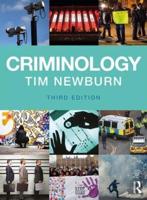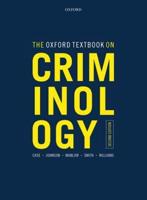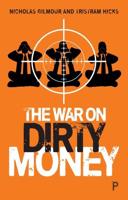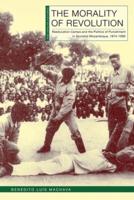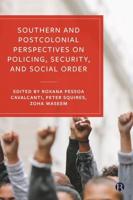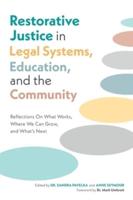Publisher's Synopsis
Crime and insecurity are top public policy concerns in Latin America. Political leaders offer solutions like increased policing and punishments and decreased civilian oversight to win elections and popular support. These solutions, while apparently supported by public opinion, sit in opposition to criminological research and human rights commitments. Moreover, many political and civil society actors disagree with such rhetoric and policies. But punitive populism is encouraged by a neoliberal media system that has been privatized and deregulated. The role of the media has increased in policymaking and decreased in accountability. Bonner argues that these changes have favored punitive voices over those concerned with human rights. Rethinking media policies, she offers, might be a first step toward reducing punitive populism. Based on 194 in-depth interviews, Tough on Crime examines the cases of Argentina and Chile. Bonner's findings contribute to broader discussions in countries around the world about the causes of the rise of punitive populism, as well as the challenges it poses to police reforms and democracy.

